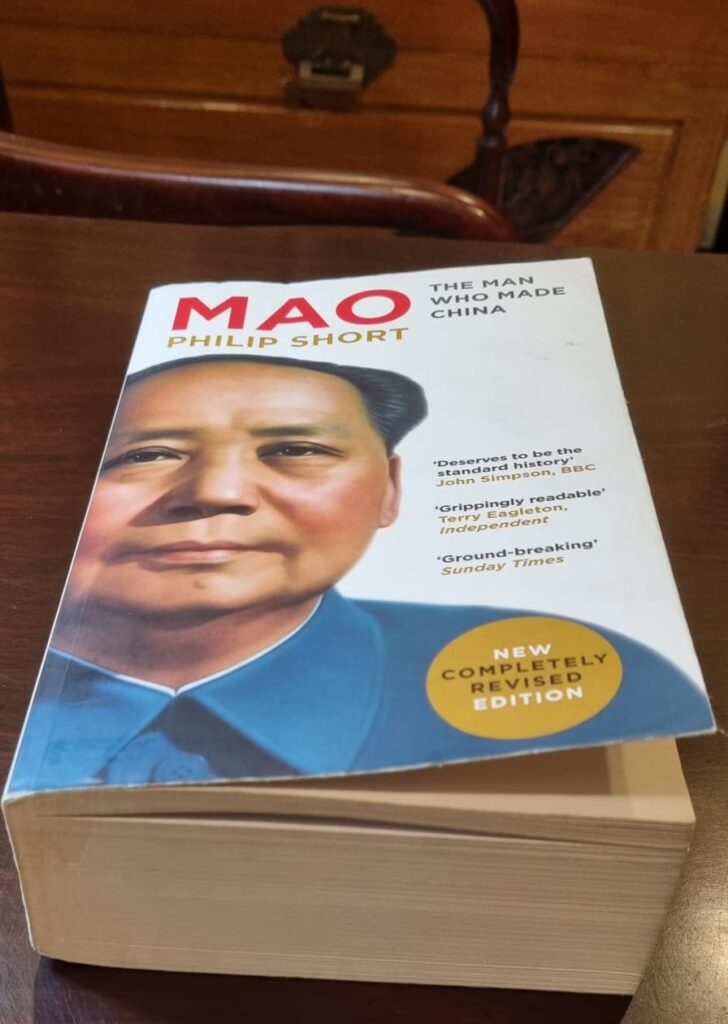
Why is Mao revered and celebrated by so many when he is responsible for the “two political disasters” of the Great Leap Forward and the Cultural Revolution?
We have on record the public statement by the Father of Modern China, Deng Xiaoping, that Mao had 70% achievements and 30% mistakes. (Page 129, A Critical Introduction to Mao by Timothy Cheek, 2010).
Chen Yun (the author of many of Deng’s economic reforms) observed that had Mao died in 1956, Mao would have been hailed as China’s great — perhaps greatest — leader. But, alas, he died in 1976. (The New Emperors Mao and Deng by Harrison E Salisbury, p 223, 1992 edition)
To subject these two conclusions to critical analysis, we need to have a beginning and an end date.
The end date would be 1956, which is before the disastrous Hundred Flowers Campaign of February 1957, and the Anti-Rightist Movement that followed in June 1957.
The beginning date is January 1935, the Zunyi Conference. This was the turning point: Mao emerged as the key military and political leader after the failure of previous leadership. Though not formally the party head yet, he became the de facto supreme strategist during the Long March.
I shall use the excellent biography Mao: The Man Who Made China by Philip Short ( 2017 revised edition).
LWH, On a lazy rainy Sunday, 28 Sep 2025
